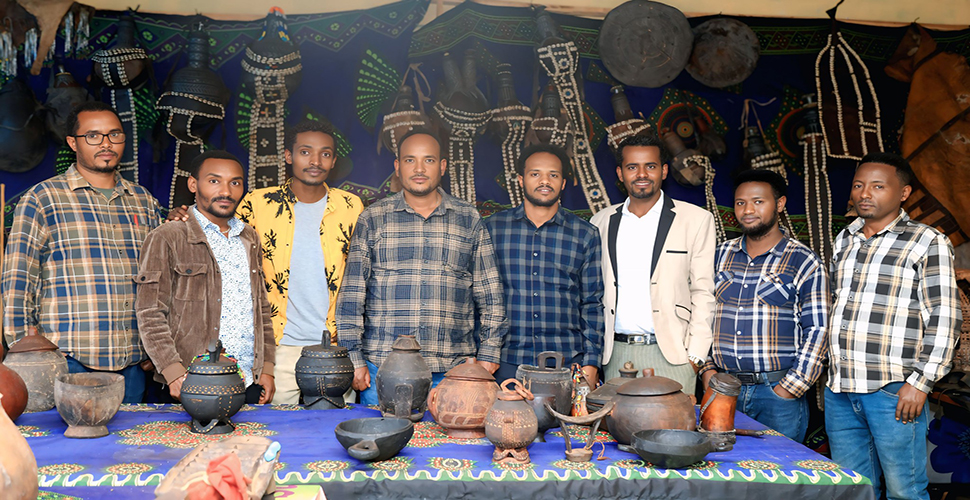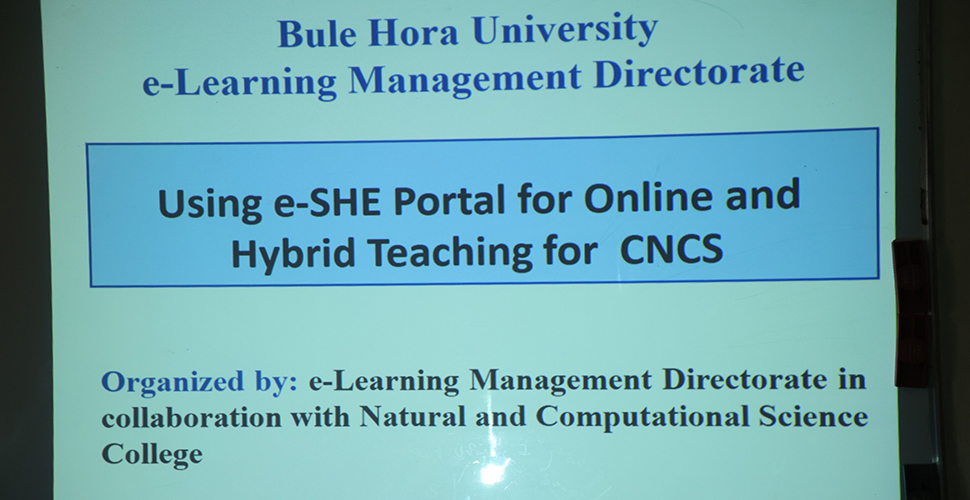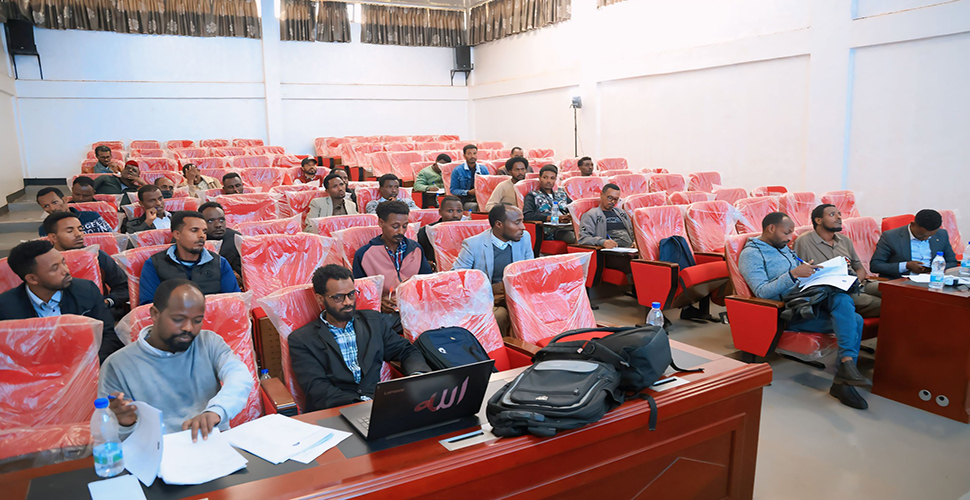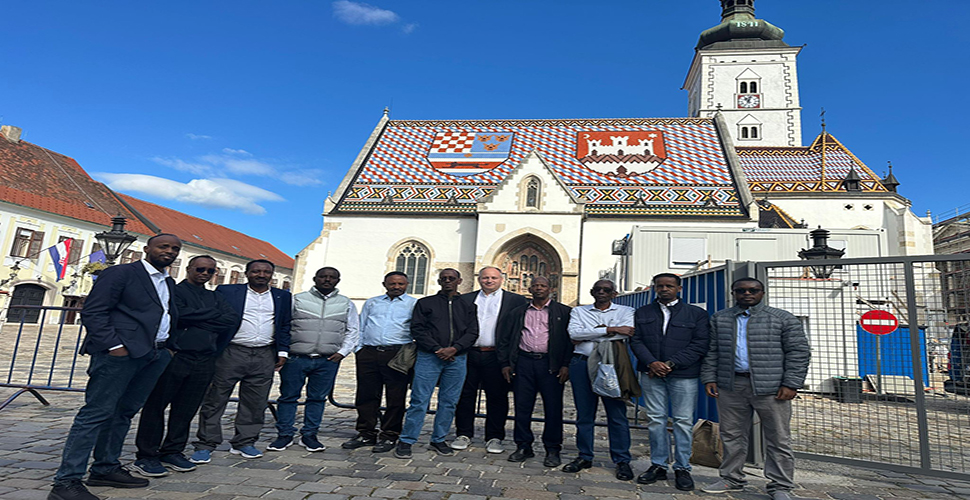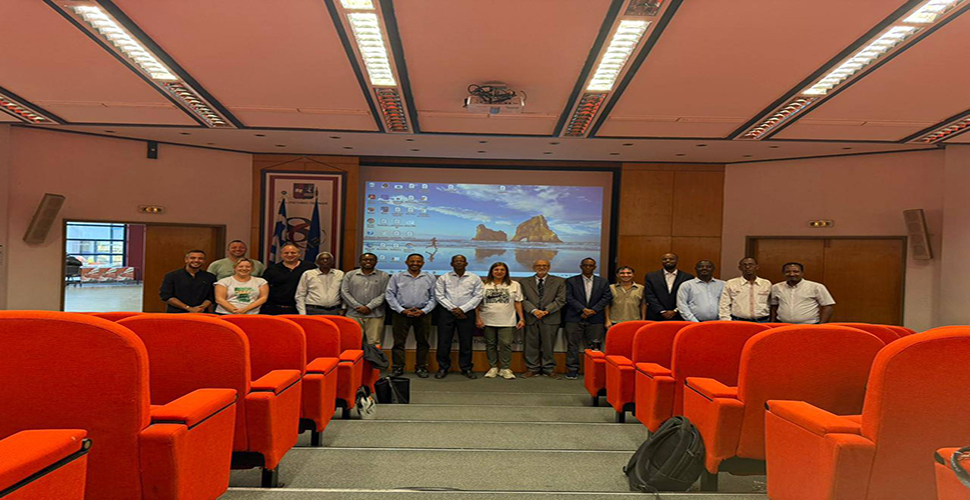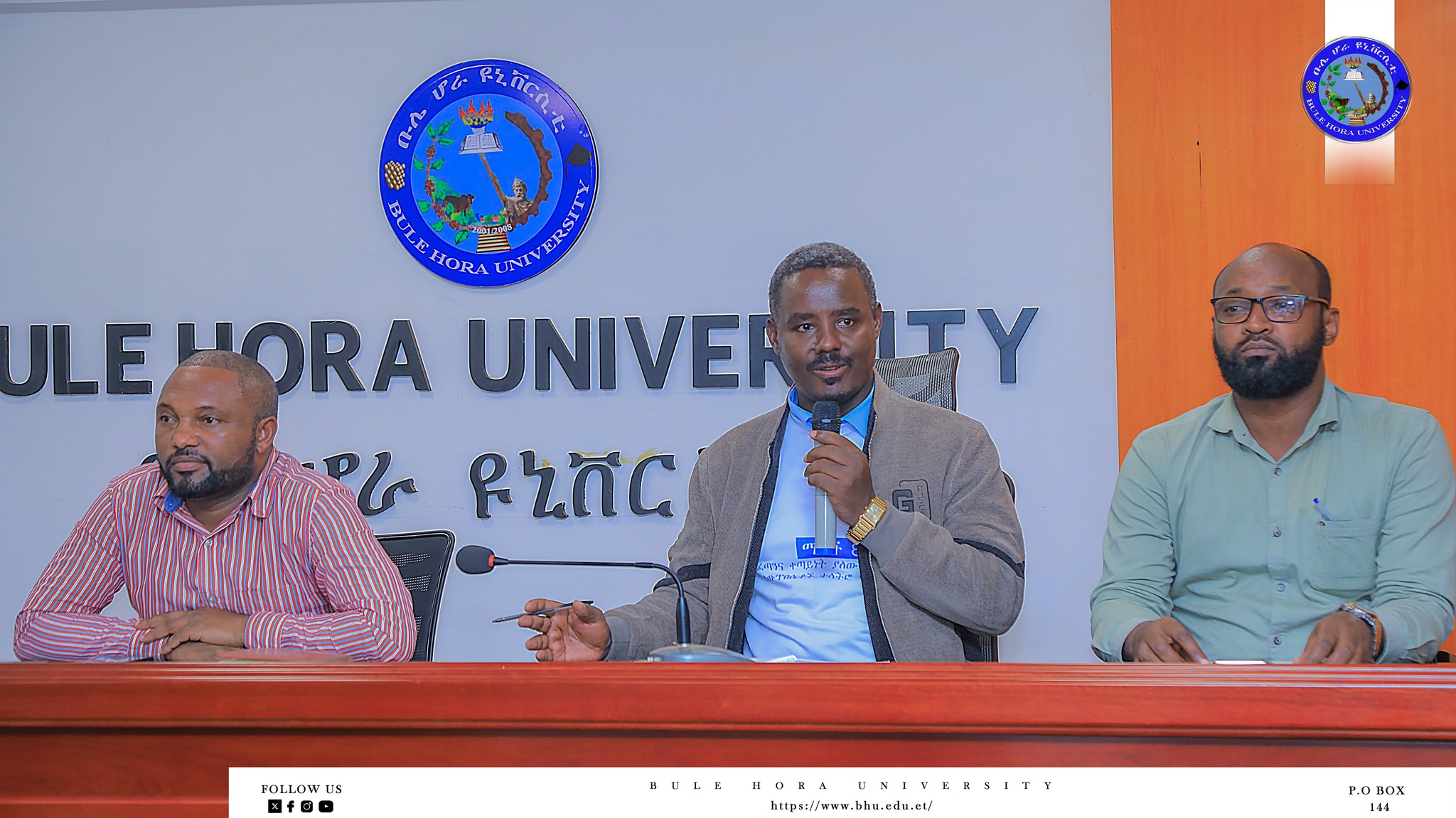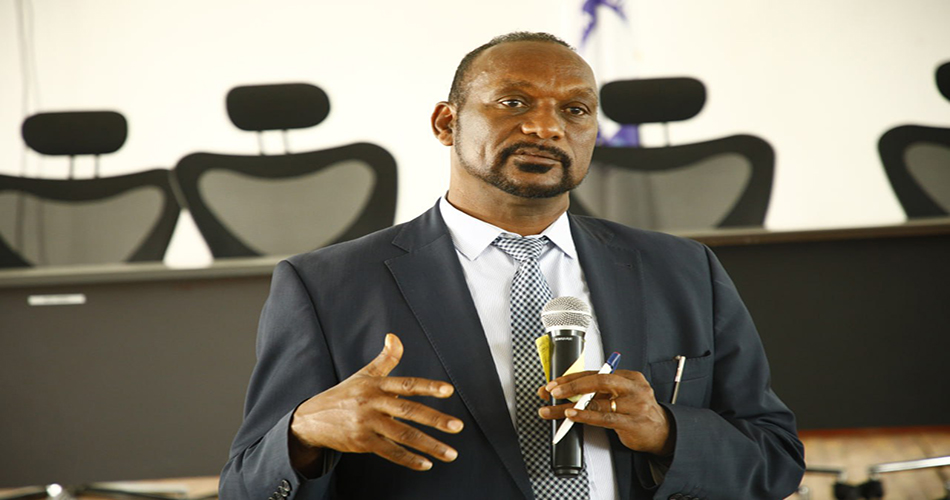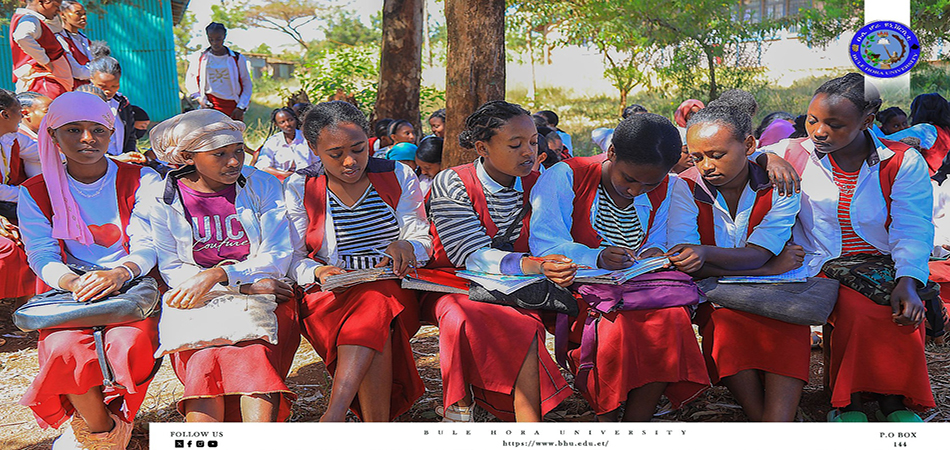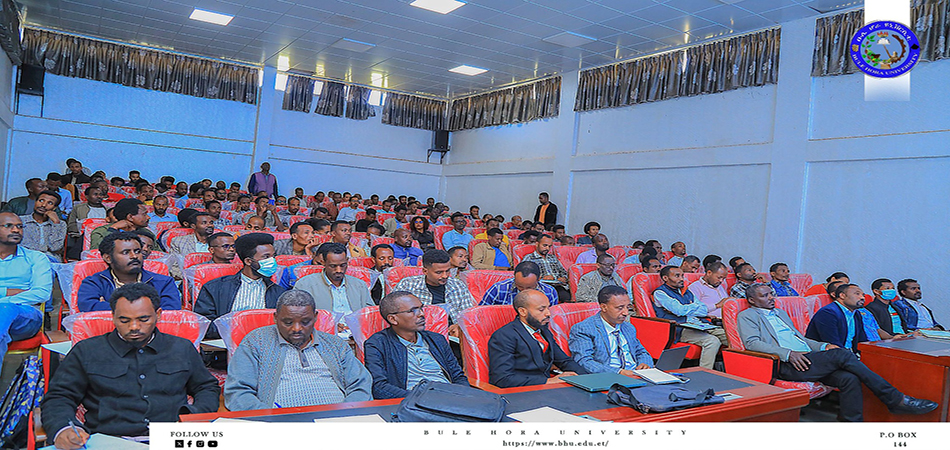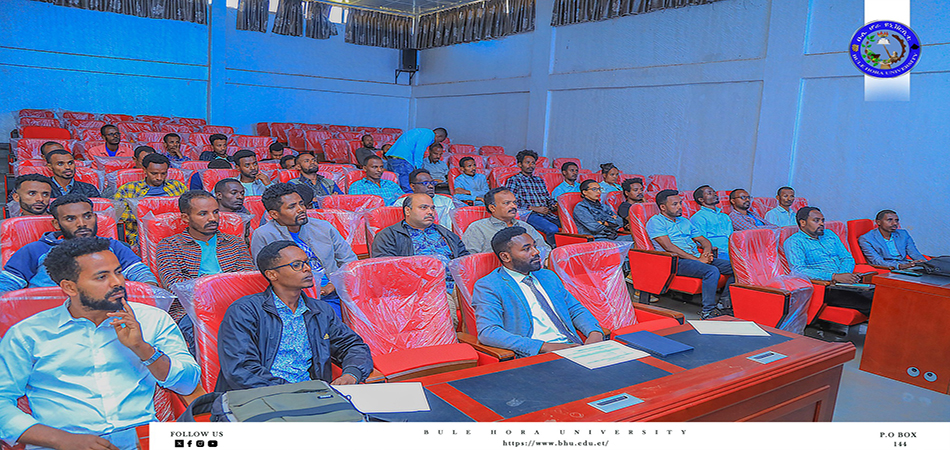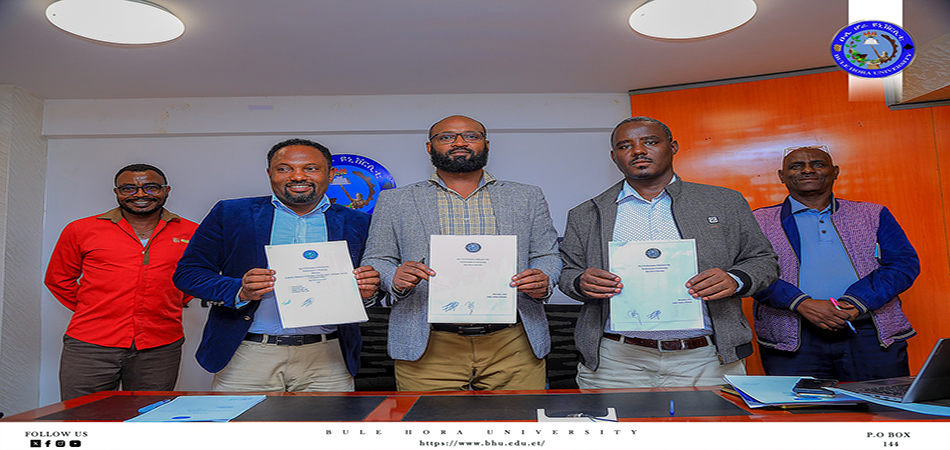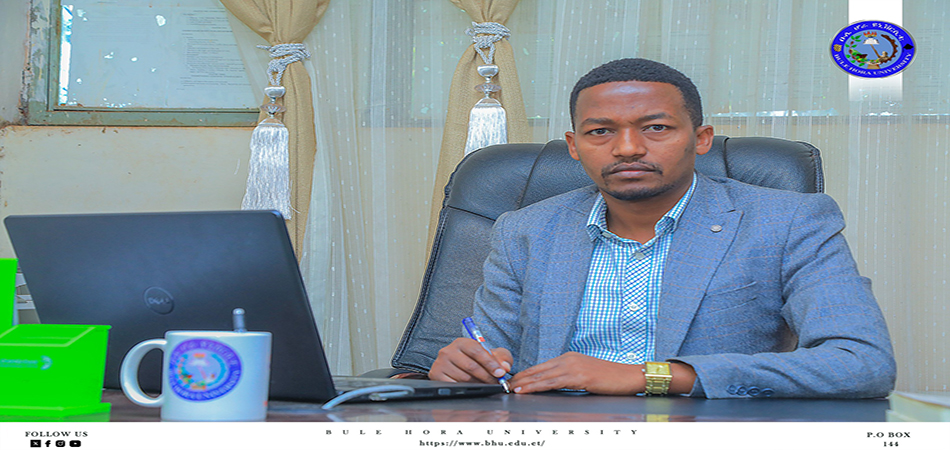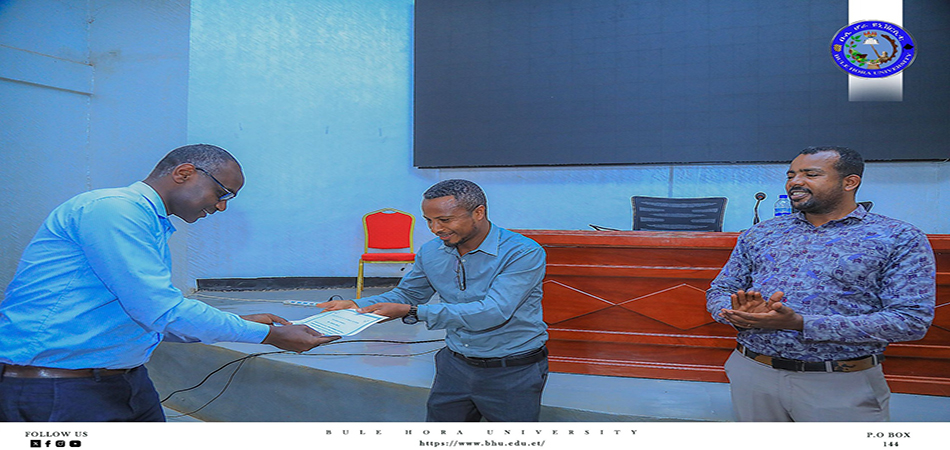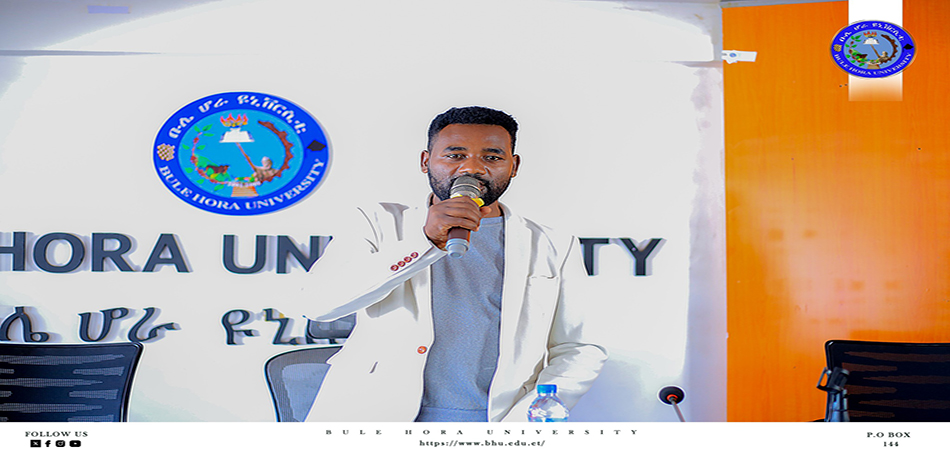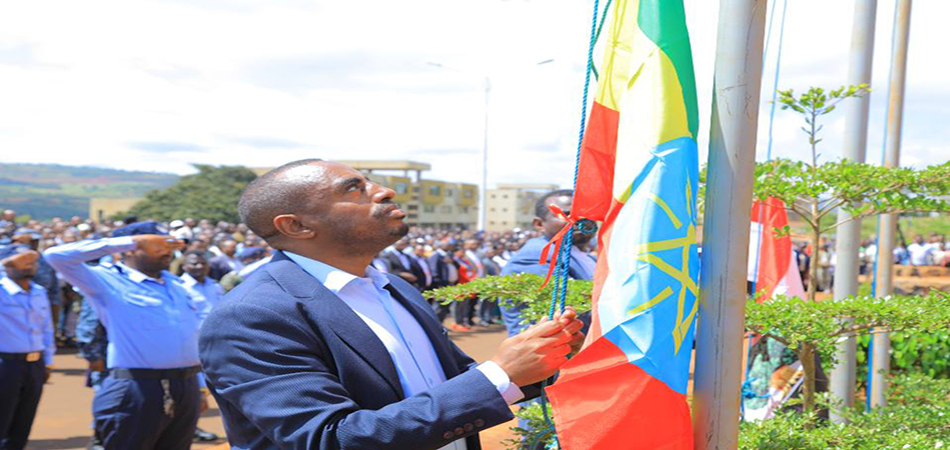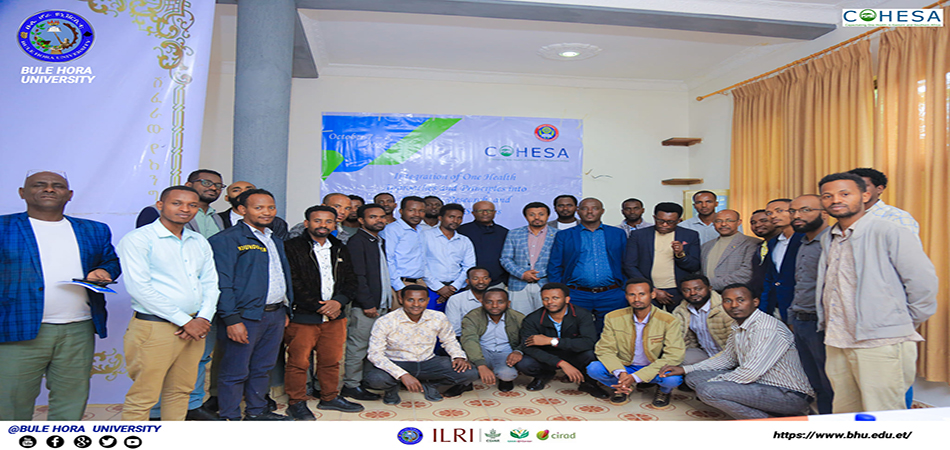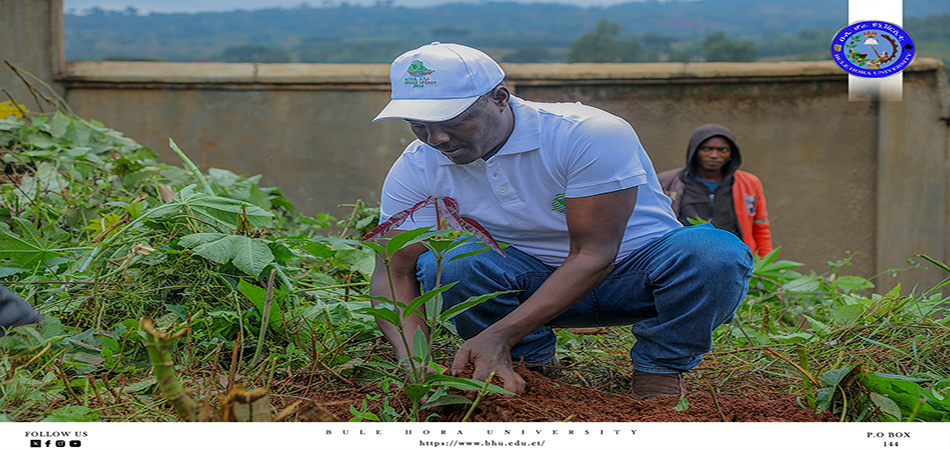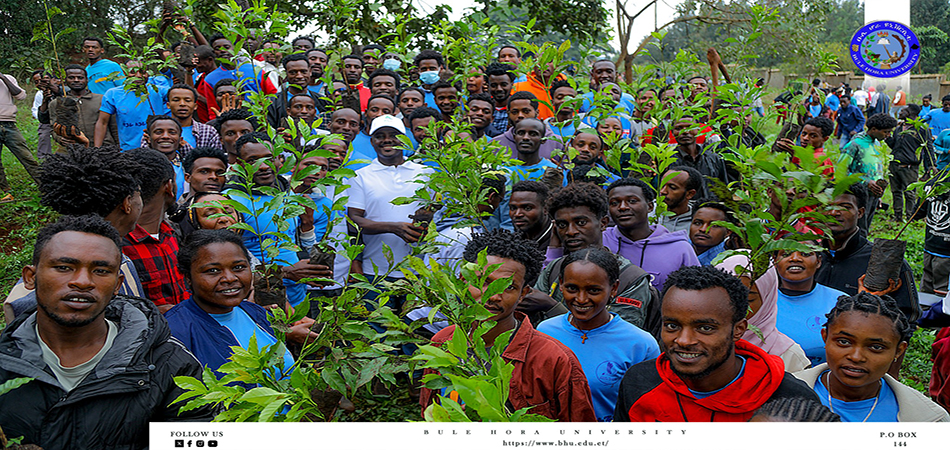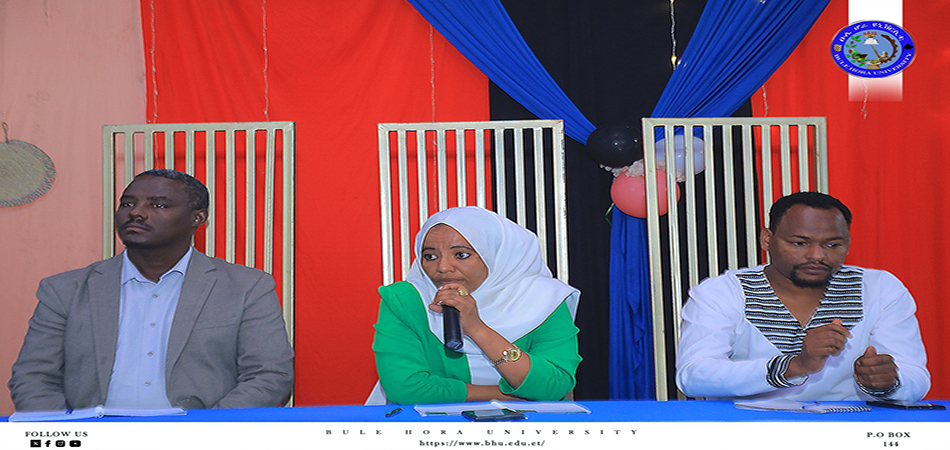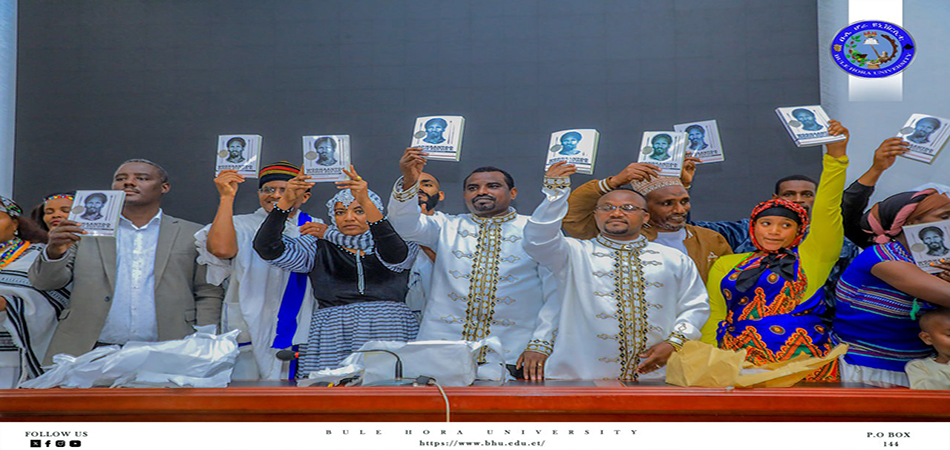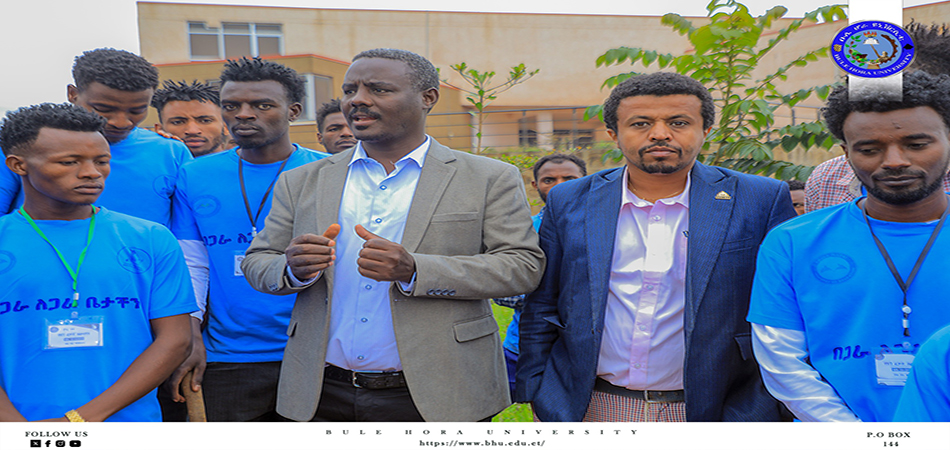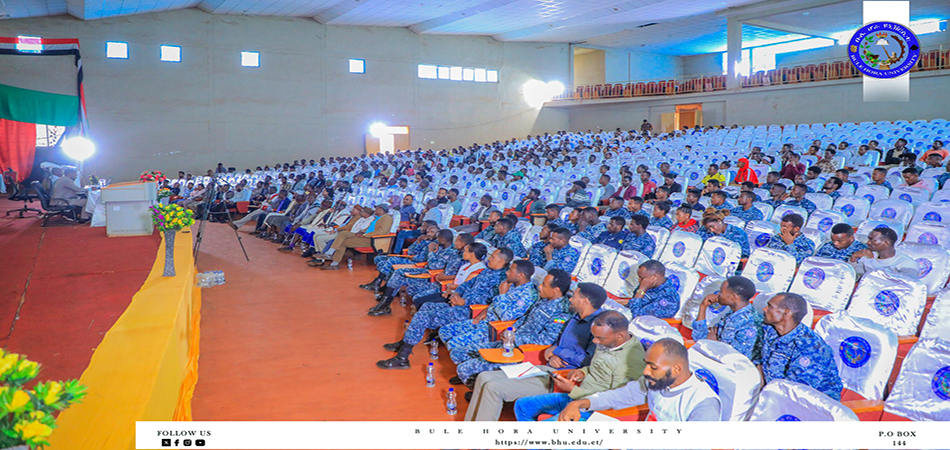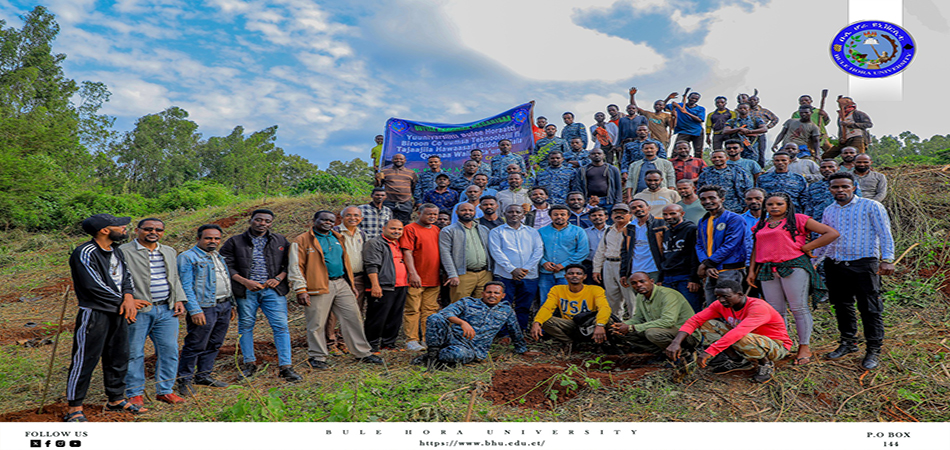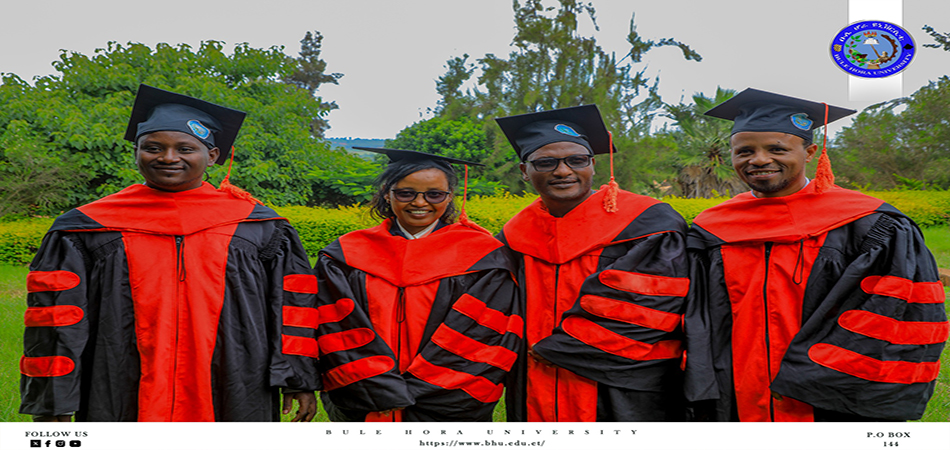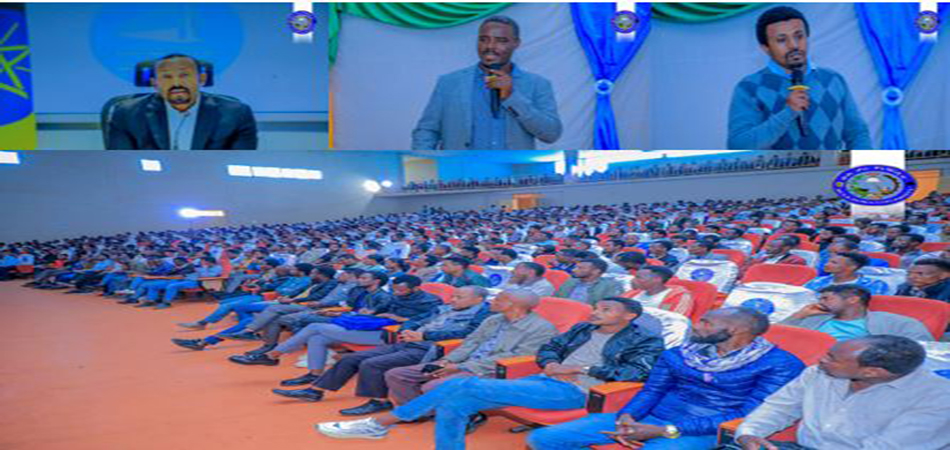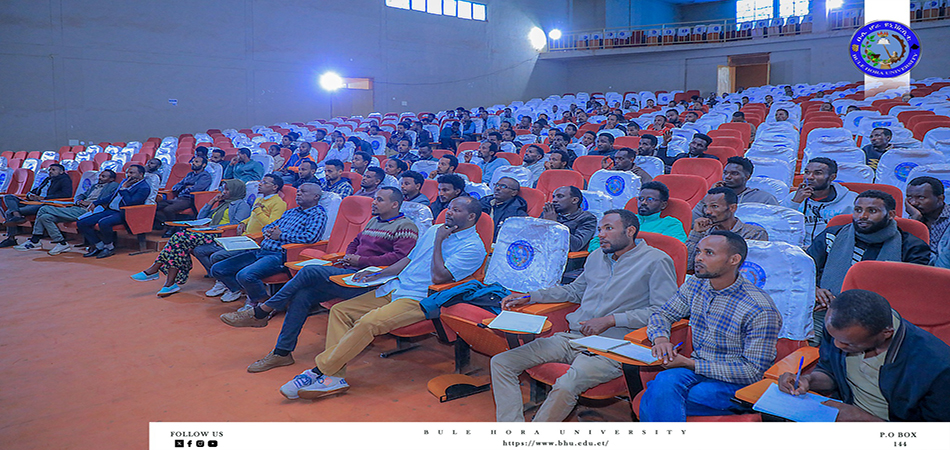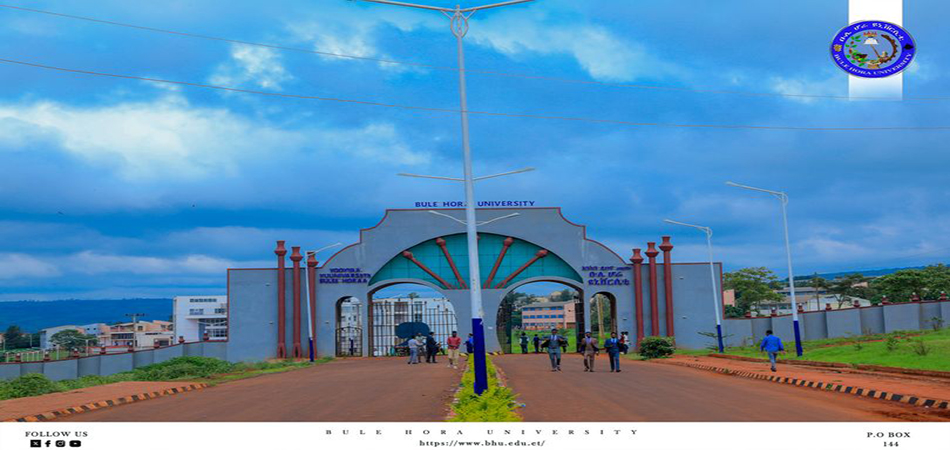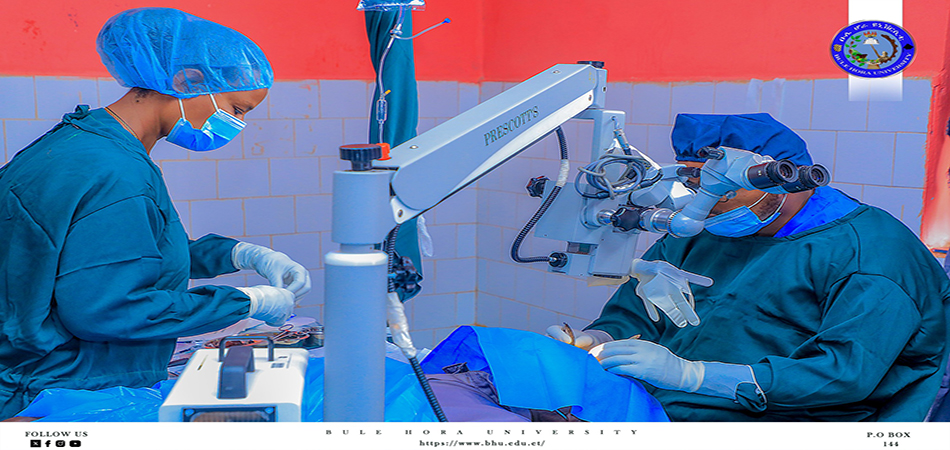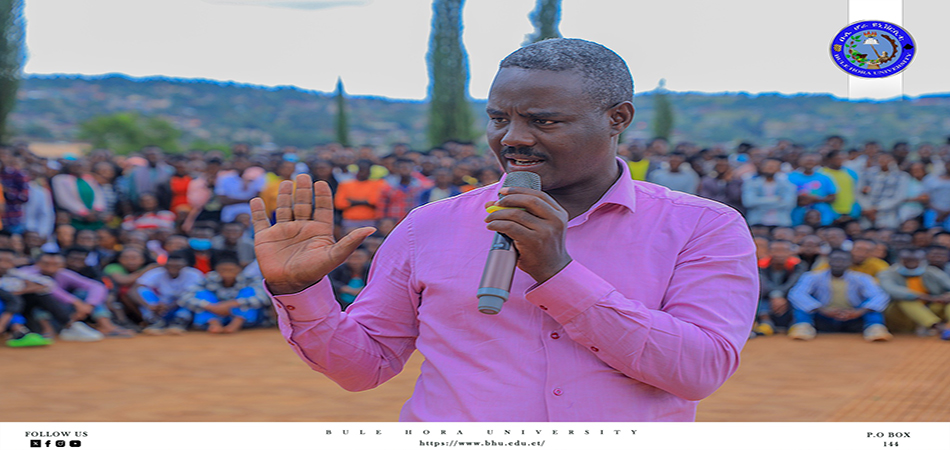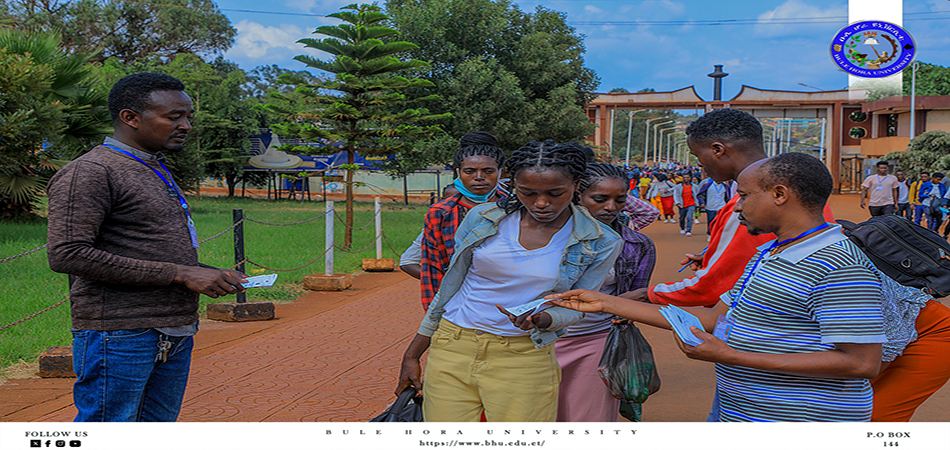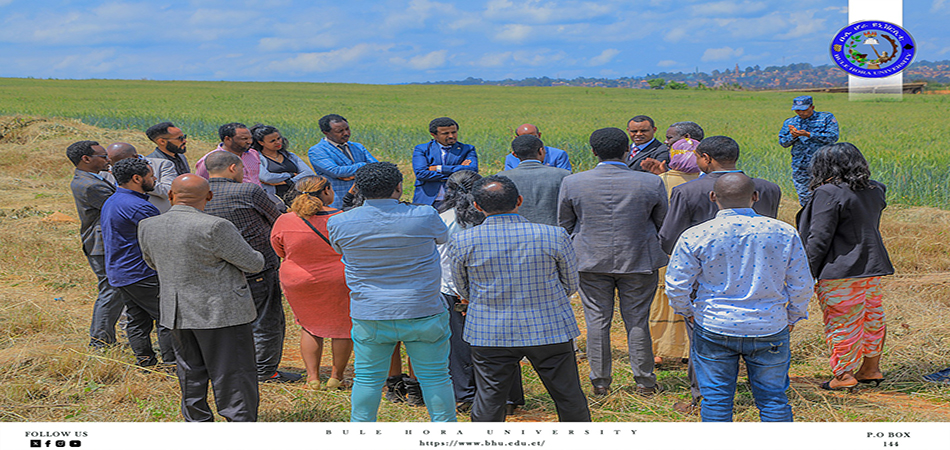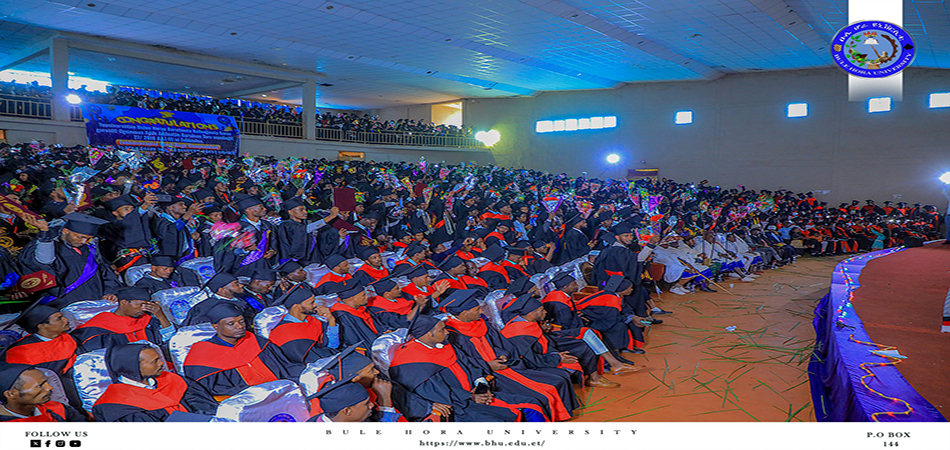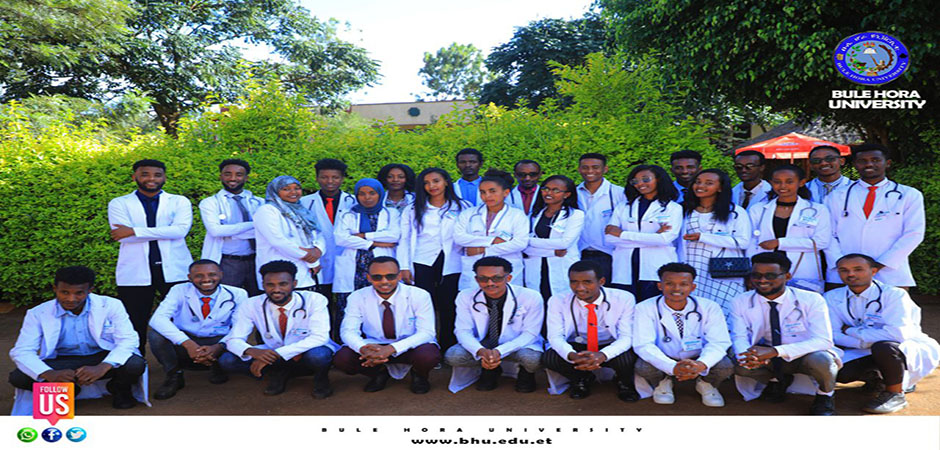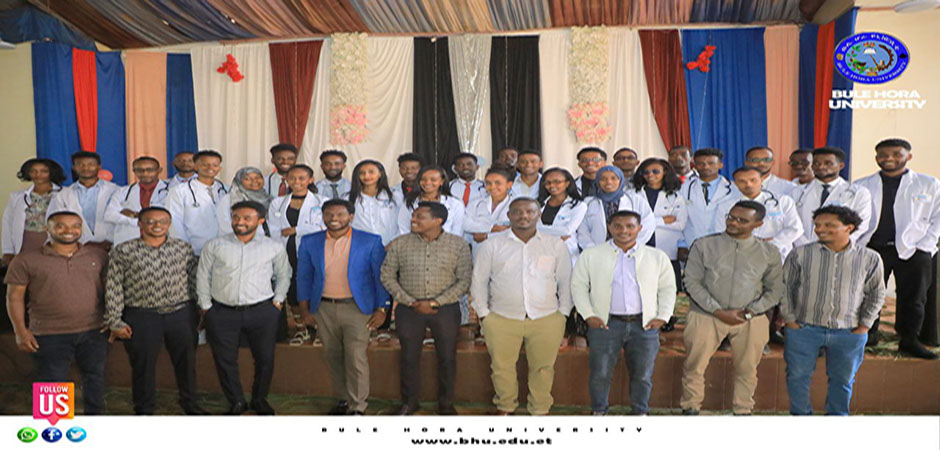Background of HWRE
The Hydraulic and Water Resources Engineering undergraduate program was started in 2015 G.C. The program was started by 81 Students of 1st batch (60 Male and 21 Female) with 6 Instructors (6 Male and 0 Female). And 2nd Batch 96 Students (76 Male and 20 Female) 2016 G.C. Also 3rd Batch 94 Students (83 Male and 11 Female) 2017 G.C. ,4th Batch 36 Students (29 Male and 7 Female) 2018 G.C.,5th Batch 35 Students (25 Male and 10 Female) 2019 G.C. Finaly 6th Batch 12 Students (6 Male and 6 Female) 2020 G.C. The Hydraulic Engineering undergraduate program was started in Bule Hora University. The opening of the program in our university is in tandem with the country’s efforts towards developing its water resources in a sustainable way. Though Ethiopia is endowed with a large amount of water resources, critical shortage of capacity has greatly hampered the development of the water sector. Moreover, frequent floods and droughts have become serious water related problems in the country. So the development of water resources must be a central element of the country’s strategy to improve the quality of life of the people. The country has utilized very insignificant amount of its surface and ground water potentials, which are estimated to be 123 billion cubic meters and 2.6 billion cubic meters, respectively. Moreover, the country's hydropower potential of 650 TWh per year and 3.7 million hectares of potentially irrigable land is almost untouched; only about 2300MW of hydropower and 5% of the total irrigable potential is known to have been
developed so far. The optimum utilization of these resources requires trained professionals in this specialized field of civil engineering. Although hydraulic and water resource engineering professionals can be trained at graduate level, such a training requires long duration and higher costs. On the other hand, the fight against poverty cannot be won without sufficient and reliable supply of cheap electricity. Hence, hydropower development as a cheap, reliable and environmental friendly source of energy is preferred over other sources of energy. The Hydraulic and water resource engineering undergraduate program was commenced to produce professional in the field who can plan, design, construct and operate hydropower schemes in a relatively short duration and lower costs. This curriculum has been revised several times in order to include new subjects, teaching approach and the skilled manpower requirement of the nation in specific subject areas. According to the current education policy students from high school, who have completed ten plus two (10+2) years of preparatory and have passed the entrance exams are directly admitted to the Hydraulic and Water Resources Engineering department, thereby making the study duration for five years.
Vision and mission of the program
Vision
Hydraulic and Water Resource Engineering program aspires to be a center of excellence in the field of water resources in Africa and competitive in the world by 2025.
Mission
Hydraulic and Water Resource Engineering program has a mission of offering relevant and quality education and training; conducting demand driven research and rendering accessible community services.
Goals
The Hydraulic and Water Resource Engineering program shall have the following goals;
§ Ensure the quality of education and training in water technology
§ Advance research and consultancy works in water Technology
§ Improve services to the community
§ Develop a conducive environment for learning and teaching
HYDRAULIC AND WATER RESOURCES ENGINEERING Staff Profile
|
Acc.level
|
Expatriate (PhD)
|
Lecturer
|
Assistance Lecturer
|
Lab. Assistance
|
|
Sex
|
Male
|
Female
|
Male
|
Female
|
Male
|
Female
|
Male
|
Female
|
|
No.
|
2
|
0
|
15
|
0
|
11
|
2
|
4
|
0
|
|
Total
|
2
|
15
|
13
|
4
|
|
34 total staff
|
Departmental information
Head Department: Mr. Wagari Ejigu- MSc. (Lecture)
Tel: +251917088848
P.O.Box- 144, Bule Hora, Ethiopia.

